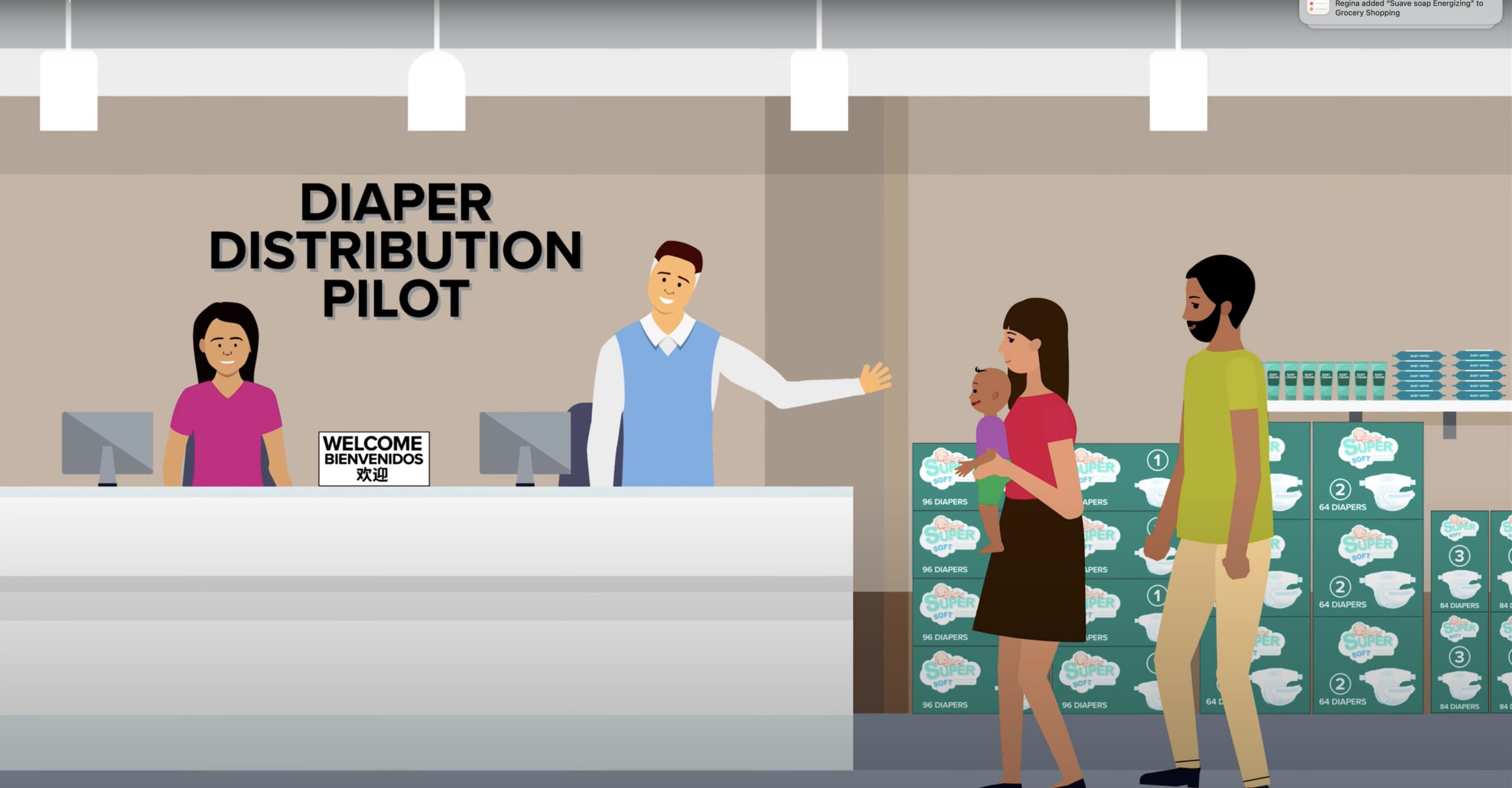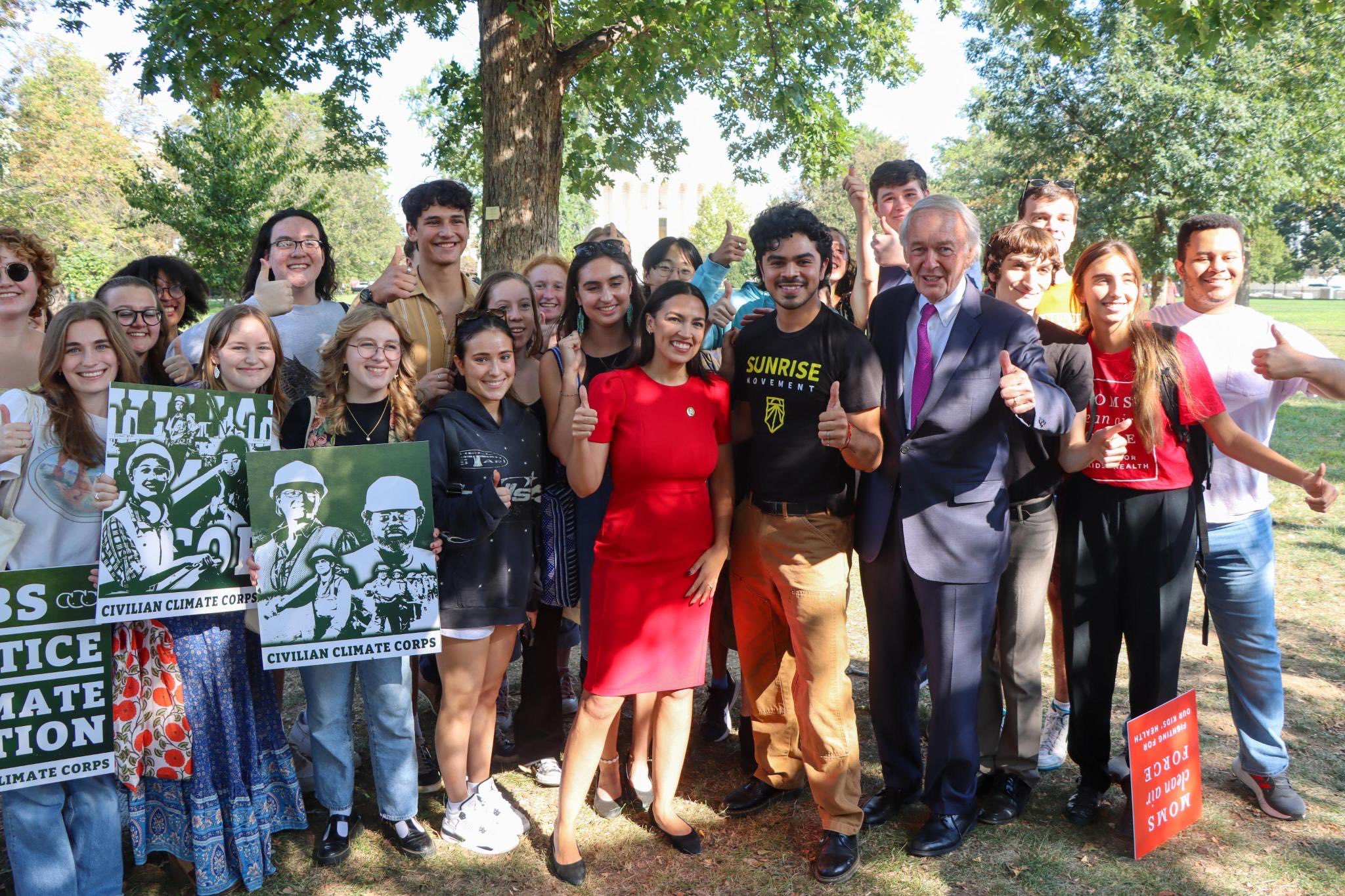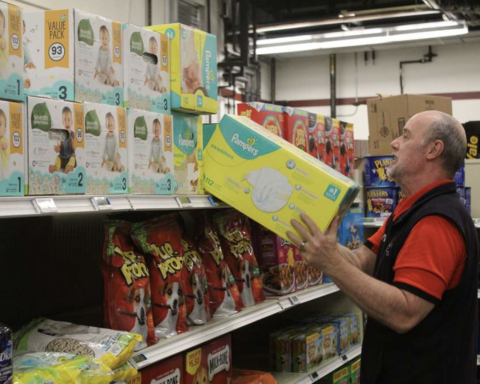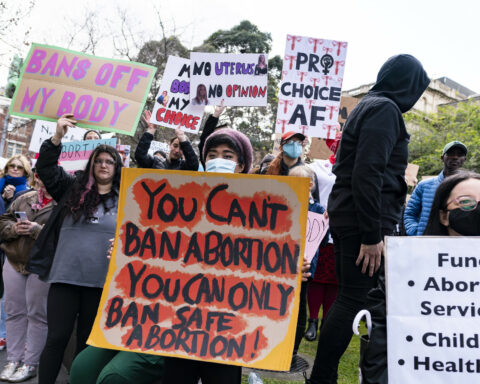by Kathryn Carley, Commonwealth News Service
Massachusetts groups will be part of a new federal pilot program to help low-income families ensure they have the diapers they need to keep both babies and parents healthy.
Studies show a lack of diapers for their babies as the top predictor of postpartum depression in new mothers, while 60% of American families report missing work or school when they cannot bring diapers to child care.
Liz Berube, executive director of the group Citizens for Citizens, one of several Massachusetts agencies selected for the program, said the need for diaper assistance has been growing for years.
“Hopefully this will relieve some of the burden for them and take some of the stress off the family, but folks are ecstatic,” Berube observed. “They actually can’t believe it and think it’s a dream come true.”
Berube pointed out her agency alone will supply 100 children with 100 diapers each month over the next two years, but as any parent knows, it is just a fraction of what is required.
The Massachusetts Association for Community Action, a coalition of more than 20 community action agencies in the state, was awarded more than $1 million in new federal aid to distribute diapers via several hubs across the state and Western Connecticut.
Colleen Cullen, director of grants management and compliance for the association, said until now, there has been no federal program to help families with such a basic need.
“This is getting families through that last two weeks of the month that people really struggle to afford,” Cullen explained. “By providing support with diapers, we’ll be allowing them to focus on other expenses, such as housing and food.”

The association will work with Children’s Health Watch in Boston to gather data on the diaper program’s effectiveness at improving families’ financial security and well-being.
Janet Stolfi Alfano, executive director of The Diaper Bank of Connecticut, said even having the proper medications to prevent diaper rash reduces stress on both child and parent.
“So much of the brain growth happens in those first three years, almost 80%,” Stolfi Alfano noted. “We know creating an environment where basic needs are met will have lifelong benefits on that child.”
Stolfi Alfano emphasized the goal is to make the funding for diaper distribution permanent. She added agencies are working to have diaper supplies for infants and toddlers covered through Medicaid, designating diapers as essential as food and nutrition.
For more information about the Diaper Distribution Demonstration and Research Pilot, you can watch this animated video in English, Spanish, or Mandarin.









